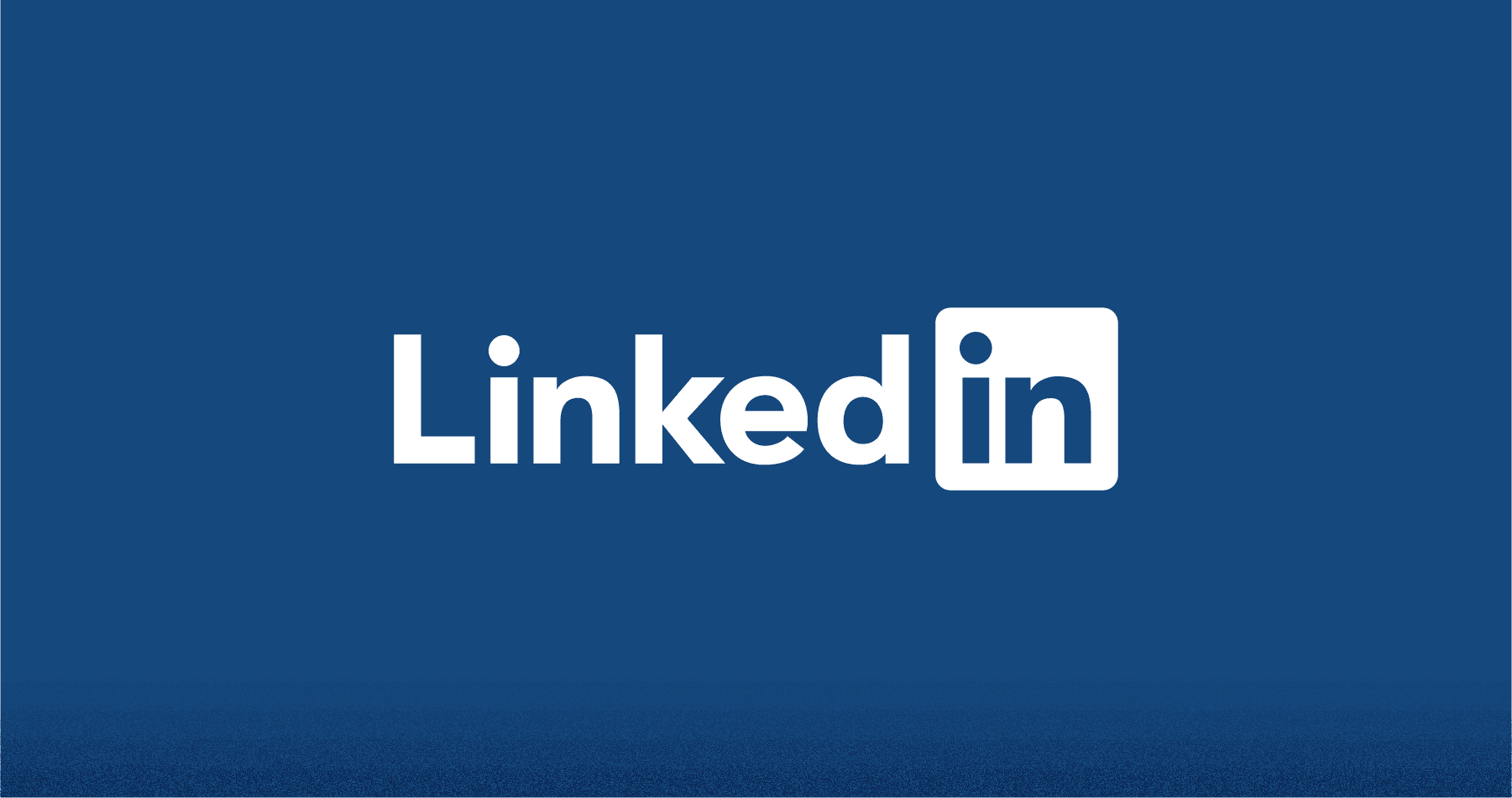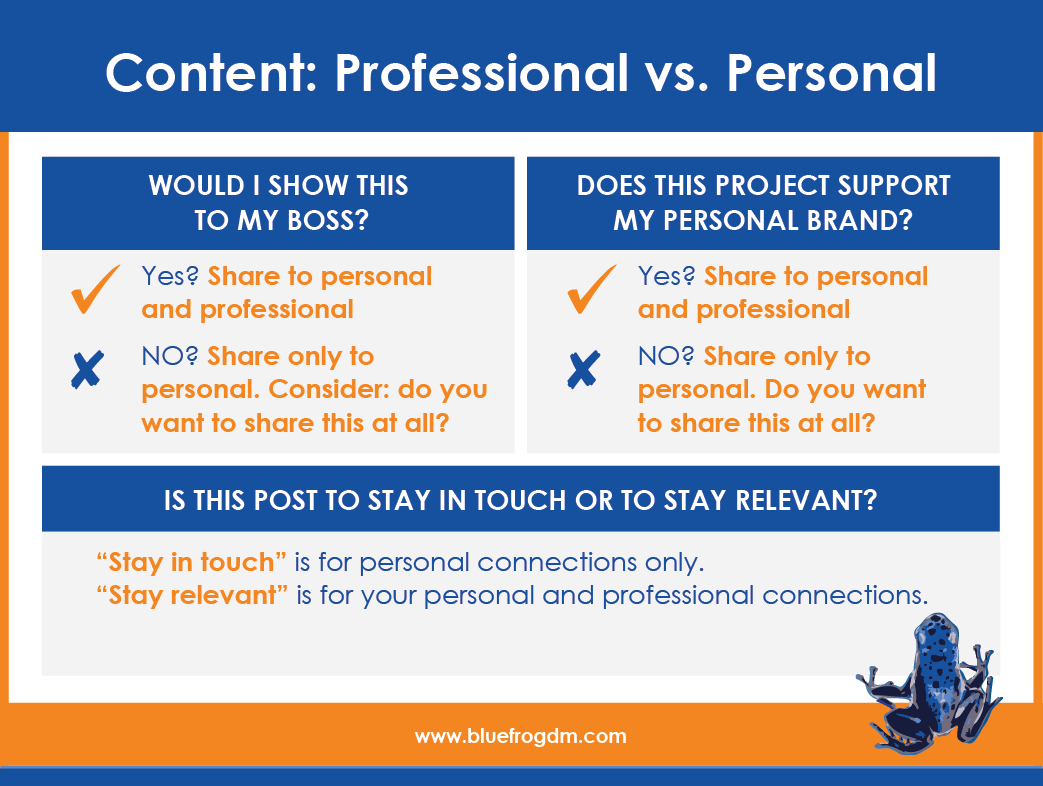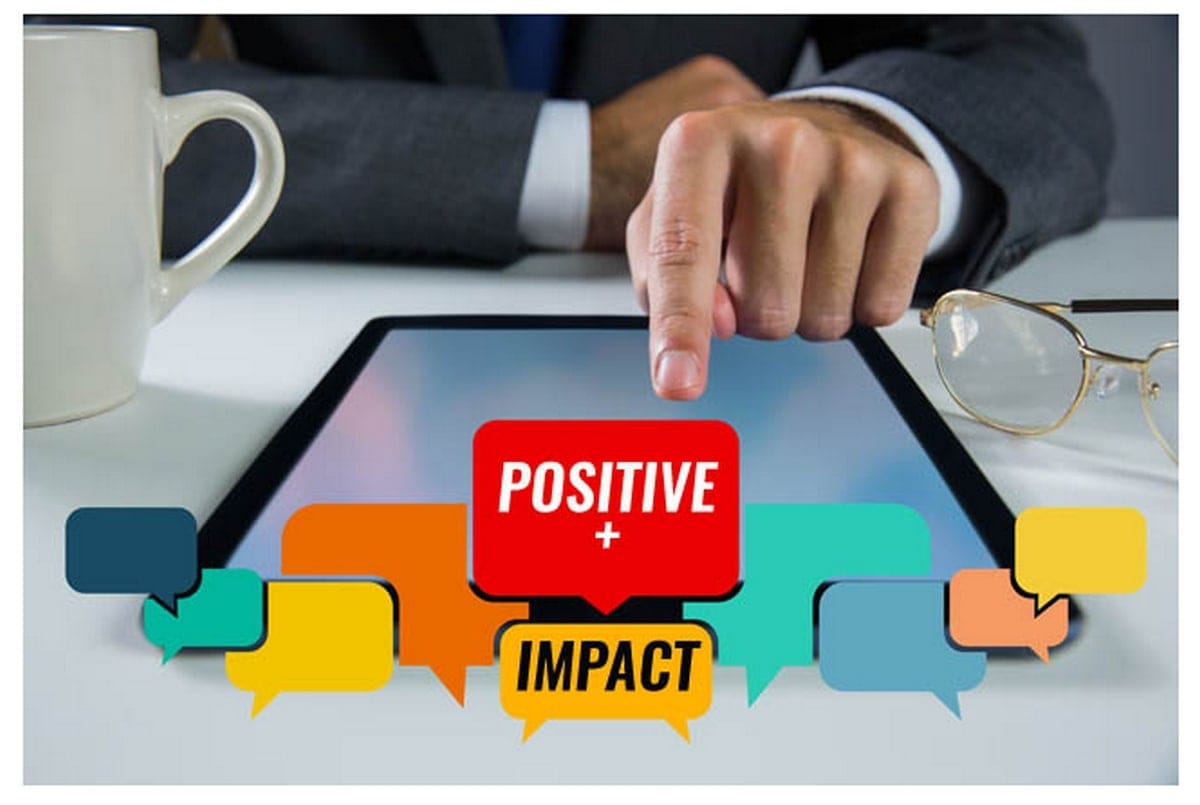Interview Tips, Social Media, and Employment: How to Stand Out From The Crowd
When you have an upcoming employment interview, how would you prepare? Do you think you would feel confident in your abilities to nail the audition or would you be nervous about cracking under the pressure? Many young adults feel that they do not have the interview experience or skills of many adults who are further along in their careers. While one may lack interview experience, preparing yourself by acquiring knowledge, understanding, and exhibiting traits and skills that employers look for in a new candidate, it is possible to improve upon these skills and put yourself in a better position to nail the interview and get that dream job!
Interview Skills:
General Skills:
This week during class, we had the opportunity to speak with Jennifer Lee, Shannon Sienrukos, Lisa Simmons, and Ayrnn Yaeger. They spoke to us about a number of interview tips and tricks that, as professionals who often interview others for positions, or have been interviewed in their respective workspaces. Ms. Sienrukos spoke a lot about the difficult process she needed to go through to get a job with the federal government, while Ms. Simmons and Ms. Yaeger spoke about their medical and professional background at UT Southwestern Medical Center, and Ms. Lee spoke about her perspective as a newer addition to the workforce (specifically surrounding her job at Microsoft) as she graduated college in 2019, which is relatively recent.
I was so thankful to have had the opportunity to speak to these wonderful professional representatives, as I feel that they gave our entire class (which is made up of all different levels and ages of students) something to take from their presentation about professionalism and the ways in which we are able to present ourselves in interview situations. I also really enjoyed that they all came from different professional backgrounds and current fields of work (including healthcare, technology, etc.), as I think that they all gave very different perspectives and tips on interviews while also having very connected ideas of what is important to work on for interviews!
When being interviewed, many people are obsessed with fitting the image of the interviewer to a tee. This can be a highly unattainable goal, so it is helpful to focus on a few key ways to impress an employer that will help you stand out amongst a dense group of overwhelmingly similar candidates vying for the same position. One of these skills is the ability to connect with the interviewer in a professional and personable manner. For many employers such as Ms. Yaeger, evaluating whether or not someone would be a good fit for the team they are interviewing for could be the make or break reason to decide who gets the job out of a group of well qualified and prepared candidates. Using the time you are given with an interviewer to show off your personality and people skills can only be beneficial to getting the job.
Another skill closely connected is being able to show evidence of independent thinking in the way you answer interview questions. Like showing off your personality through your answer, one should always aim to answer interview questions in a manner authentic to themselves and the way they problem solve in their career and personal life. Mastering the art of showing off these skills will encourage many interviewers to hire you, as problem-solving is a skill needed in almost every professional field.
Two of the other most important interview skills to master include showing off your initiative and the expertise in the field you are entering through your answers. In regards to initiative, many employers feel more comfortable hiring a candidate who they believe they can trust to take their job into their own hands and make decisions to manage themselves in ways that can benefit the company as well as their personal growth. Furthermore, showing off the knowledge you have about the company, job position, and field in which you are going into makes employers feel more comfortable hiring someone. Logically, this makes sense as knowing more about not only your craft but the specific company you are working for will go a long way in one’s personal success and the success of the company.
Soft Skills:
One of the main things that I learned from the wonderful presenters who visited our class this week is the idea of “soft skills”. Soft skills are closely related to the idea of showing off your personality in an interview, as they are not things that are specifically asked for but are helpful for people to have when entering a new position and that will make you a better and a more-well rounded employee.
Some of the most common soft skills that are recommended for prospective employees are perseverance, time management, and dedication, all of which are connected to the idea of showing off your ability to be independent in professional and personal experiences. Being able to have the strength to answer questions honestly (even if that means you do not know the answer and you have to admit that), show that you are dedicated enough to go find those answers and be able to make adjustments to your schedule on the fly can be very valuable. In addition, the soft skills of problem-solving, collaboration, adaptability, are all essential in jobs with lots of group participation and projects, as while getting along with others can be challenging, it is essential to almost every career available today; therefore it is important for prospective employers to see that you have a mastery of these skills in order for them to want to hire you. Finally, creativity and persuasion are useful in providing services to clients, as that is the common basis of most if not all careers. In addition, being able to be flexible and creative in finding solutions when working with others (and persuade those to use the ideas that you feel will best benefit the company) can be extremely helpful for employers to see, as these are real-world skills that an employee will use every day.
As a future nurse, all of these soft skills will help me not only get my first job but help me interact with my patients and their families. As a nurse, you are not only working in a team of other healthcare workers but you are also working with the families who have loved ones in the hospital, and I know these soft skills will help me be the best nurse I can possibly be.
LinkedIn Profiles:
One of the other topics deemed extremely important by the presenters was the true importance of a LinkedIn profile. While LinkedIn has been a topic of conversation in our class throughout the semester, the fact that all of the professionals who were chosen to speak to our class spoke so highly of the platform really reassured me that even in my first year of college, I need to make sure that my LinkedIn profile is up to date and shows off the best of my abilities as a future professional and current student.
Having a clean and updated LinkedIn has even been scientifically researched and proven to be effective in helping professionals even get a job interview. More specifically, people are “71% more likely to get a callback for a job interview than candidates who did not have a LinkedIn profile at all” (McCarthy, 2019). This means that overwhelmingly, it can be concluded that interviewers and companies as a whole are more likely to feel that a person is more prepared and professional when they have included a LinkedIn profile.
This is arguably one of the most important tips for all prospective employees to have a handle on because it is something that can not only can you control and use to your advantage when showing yourself off for the companies you are applying to, but something that you can update and perfect as you continue to grow and change throughout your career and life. Currently, I do have a LinkedIn profile (check it out here, just login to your own account to view), and I have just recently updated it to be representative of my current state! While I am far away from applying for my first Nursing job, as I hopefully gain nursing and/or medical experience in the next coming years, I can show off my new found skills on my page.
Overall, mastery of these skills often is a sign of a well-rounded candidate for any job. As a freshman in college, I have a few years before I will be stepping out into the workforce full-time. However, knowing and practicing these skills now will help me in not only my professional interactions with school and other part-time employment officials, but when I get to those crucial professional steps as well. Furthermore, as a nurse, I think it is extremely important that I take all of these tips into consideration (especially those that I can control as a first-time interview applicant) when interviewing for my first-ever positions in healthcare!
Chapter 4 & 5, “Light, Bright, and Polite”: Social Media: Employment and How to Stand Out in the Best Possible Light
In Chapter 4 of “Light, Bright, and Polite” by Josh Ochs, the idea of social media and using it in order to impress employers is explored. This is another topic that has been discussed throughout the semester, and Josh Ochs now gives tips for what to post (instead of what not to post) and specific examples of professional ways in which social media can be used to one’s advantage. He also goes on to explain that while these tips are great for prospective employees, these tips can be just as helpful for already well established employees who are looking to move up in the company or just receive positive reflections from their bosses. One of the main ways in which he gets this point across is through the phrase, “A negative online image makes you a liability to your employer. Conversely, a positive online image can make you more valuable.”
Throughout the chapter, Ochs goes on to explain that showing your positive attitude and most well-developed attributes on your social media (as you would on a job application or in real life) is a great way to show employers that you are living up to the standards you set for yourself on paper. Being able to prove that you are passionate and involved in your community can go a long way for earning employers respect. In contrast, engaging in and posting about partying, complaining, and other excessively unlikeable actions can be off putting for many.
In addition, showing you are involved in projects outside of the workplace that are positive and non harmful to (and approved by) the company can also show your boss how much you value your employment and that you are able to time manage well enough to still be passionate about other things besides work. While Ochs understands that young professionals may have a hard time getting used to the idea of professional posting, he gives suggestions such as posting fun yet professional photos, while maintaining being authentic in a positive light.
In Chapter 5 of “Light, Bright, and Polite”, Josh Ochs gives specific examples of social media platforms that are helpful in the professional world and some things to include in these profiles. Some of these examples include LinkedIn, which as spoken about before, is an extension of one’s resume and should be kept updated and include all professional looks and information in order to be useful professionally. In addition, programs like Google+ (which is now shut down, allowed you to be viewed in a more professional light by controlling search results that contain your name) and the creation of a personal website (which can help you show off your projects and best assets to employers who are willing to take a look). Osch also gives specific tips for Facebook, Instagram, Twitter, Gmail, and YouTube, including keeping your profiles professional (in the sense that you would be okay with your boss seeing your photos), using your real name to control your search results and making a positive name for yourself online, possibly setting your accounts to public in order to get more traction to your positive posts, and overall just making sure that all of the content you are posting about is clean and professional for professional audiences.
Final Thoughts:
Overall, all of these interview, employment, and social media tips surrounding professionalism and maintaining a positive employment image are extremely helpful and will be used by myself and I am sure many others. I know I have a lot to learn as a future professional, but all of the conversations we have had about interviews make me feel more confident in starting my journey. As a future healthcare professional, I am extremely excited to start putting these practices in to use and making sure my digital footprint is up to date and as perfect as possible in order to get the best job possible in my future.


/creative-thinking-definition-with-examples-2063744_FINAL-5c61af0ac9e77c0001d321c2.png)
/what-are-soft-skills-2060852-Final-7408e9ee0a2b458f91f082d9e8add6f2.png)






Comments
Post a Comment